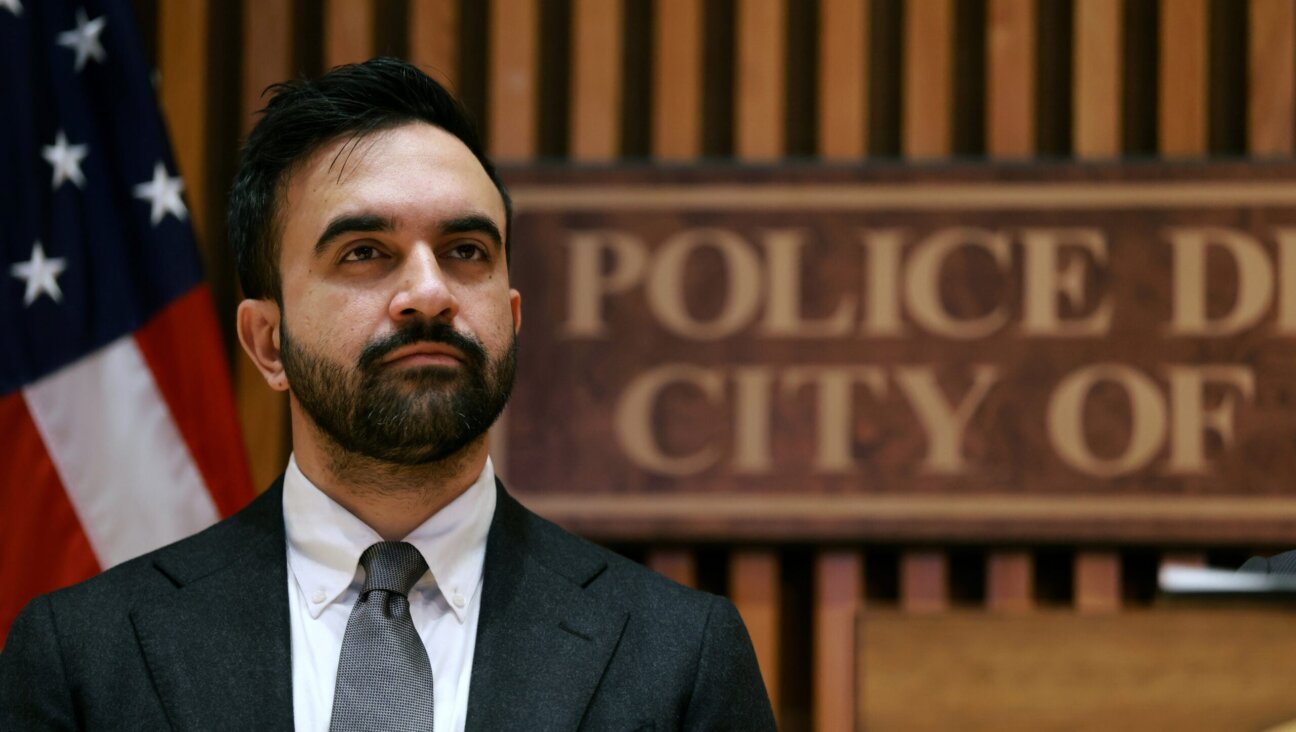Sperm Bank Wants Donations from IDF Vets
The Health Ministry has yet to issue updated regulations governing the collection or use of sperm donations in Israel, even though the state comptroller called for such rules in 2007.
As a result, Israel’s 15 sperm banks, two of them privately run, are operating in a regulatory fog that can present ethical problems and increases the very slight risk of two siblings later marrying each other, though no such case is known to have occurred in the decades that donor inseminations have been performed.
Two private sperm banks, Cryobank, in operation a little over a year, and Superm, launched a few months ago, were opened in response to an increasing demand for donor sperm that isn’t being met by the 13 public sperm banks that operate in hospitals, only seven of which are really active. They are also setting their own criteria for sperm donors.
For example, Cryobank, which operates at the Assouta Medical Center in Rishon Lezion, only accepts sperm donations from army veterans, while the other private sperm bank, Superm in Tel Aviv, won’t take sperm from men over 30.
“The criteria of army service is just another layer of donor screening, since the army has already evaluated them and declared them healthy,” Assouta Medical Center explained. “There is nothing ideological about this.”
Some 350 babies are born annually in Israel from donor sperm.
The current regulations governing sperm donations date back to 1992. The updated Health Ministry regulations, which have been drawn up but have yet to be issued, would govern what genetic tests should be performed on both the donors and the women applying to be inseminated and would codify the trustee role the sperm bank must play, should the father ever need to be identified by a state or Rabbinical court.















